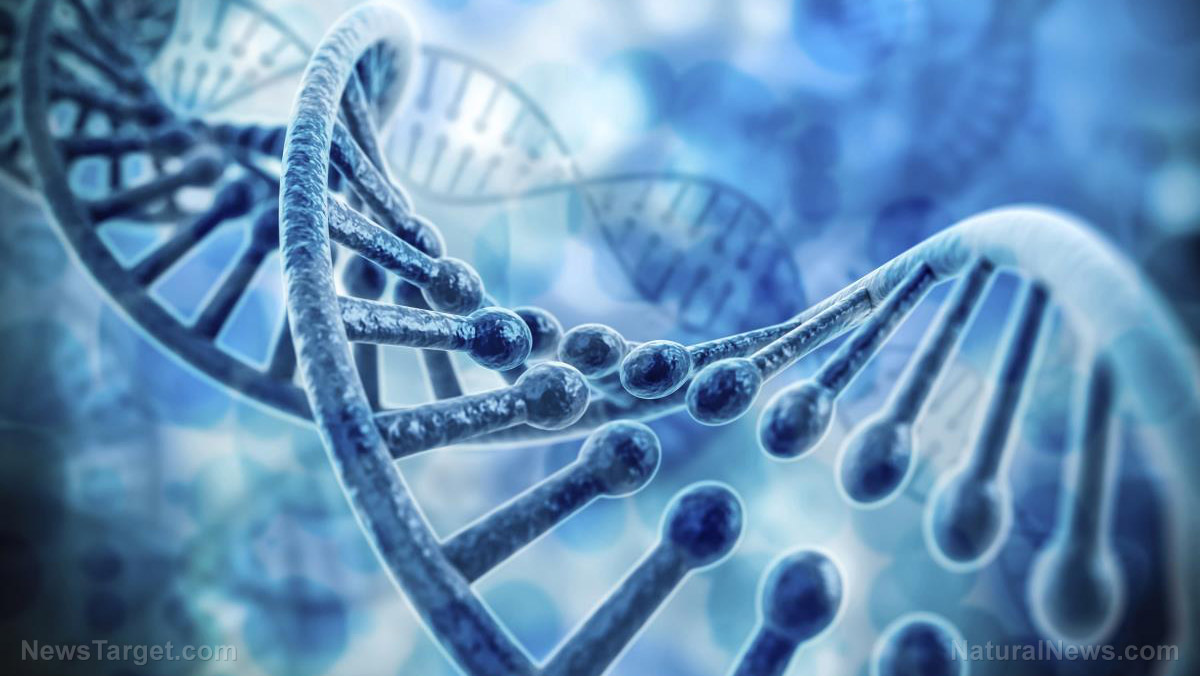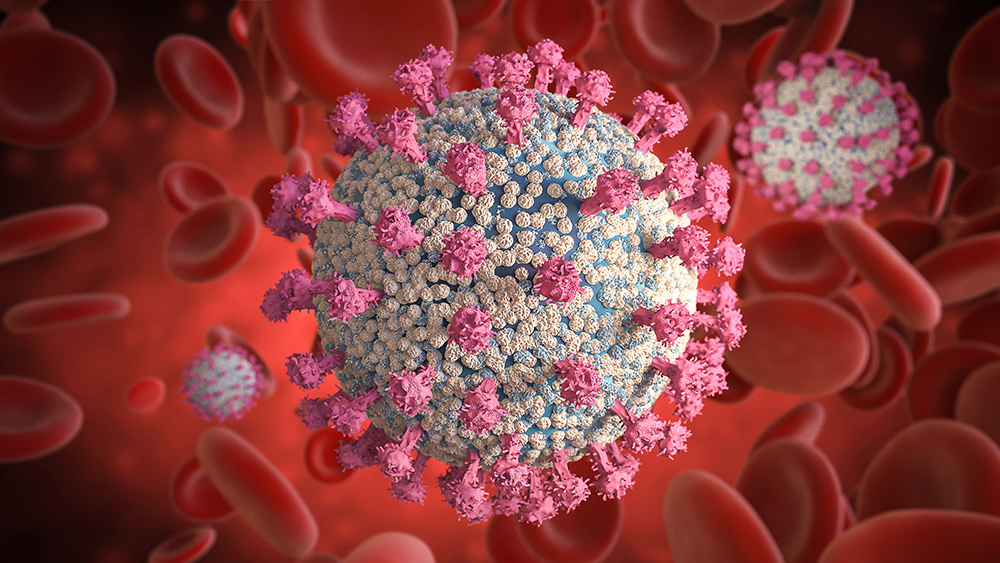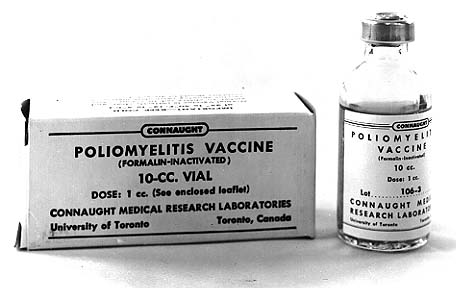Law enforcement exploits “voluntarily shared” DNA to solve crimes without “informed consent”
10/06/2022 / By Belle Carter

Seemingly innocent and fun direct-to-consumer DNA tests have been widely used on the world wide web. Little did the public know that law enforcement has been using the information in their “investigative genetic genealogy” – without the owners’ consent.
There are an estimated 100 million people worldwide sharing their genetic information with companies like AncestryDNA, 23andMe and FamilyTreeDNA, according to the New York Post.
Users upload their genetic profiles to websites, where thousands of users have freely shared their DNA information to find out more about their ancestry. Using these, detectives can freely map out a criminal’s entire family tree and zero in on their identity.
Meanwhile, a Pew Research study from June 2020, indicated that Americans are mostly in favor of this new crime-solving tool, 48 percent said it is fine for DNA companies to share customers’ genetic data with police and just a third object to the “privacy-encroaching” idea.
“There is no uniformity across state lines regarding how long DNA and related data can be kept,” Sonia Suter, a George Washington University Law School professor, said. She added some states “require active efforts on the part of the person proven innocent in order to expunge the records and destroy the DNA.”
Because DNA investigations have been so successful and there is so little regulation, police are increasingly using and keeping DNA information “from people who have not been convicted of, or even arrested for, a crime,” said Suter. “If we care about limiting government surveillance, we should be very concerned about this.”
CeCe Moore, the chief genetic genealogist at Parabon NanoLabs in Reston, Virginia, has helped solve more than 230 violent crimes. But 10 years ago, when she began approaching commercial DNA companies about sharing their data with police, she had doubts whether it was the right thing to do.
“Everyone should have the right to decide how they wish their own personal DNA to be used,” she said.
FBI has your DNA in a convenient database for whatever purpose it may serve
Mainstream media and the government have listed a number of success stories that have emerged from this “surveillance” tactic. One of the most famous is that of Joseph James DeAngelo, the so-called “Golden State Killer.”
He was a serial killer and rapist who terrorized California during the late ’70s and early ’80s and was finally caught in 2018 when crime scene DNA was partially matched to the killer’s great-great-great-grandparents with the online genealogy database GEDmatch. Recently, these public databases helped solve the 60-year-old murder of a Girl Scout in Colorado, a 1975 stabbing in Lancaster and uncovered the identities of both a killer and his victim from 1988.
“Right now, DNA is being used to catch old killers and stuff and that’s great. But how long before cops get too carried away with it?” low=budget filmmaker Michael Usry pointed out. (Related: Mass genetic surveillance: Police now seeking access to newborn blood samples to build DNA database for future criminal investigations.)
Usry learned he was a suspect in the 1996 murder of 18-year-old Angie Dodge. On December 2014, he had no idea why a pair of Louisiana State police officers showed up at his New Orleans home and invited him to the precinct for questioning. An FBI agent also asked to swab his cheek for DNA.
He was the suspect in the said killing because he’d visited Idaho Falls, where the victim was killed, during the same time frame of the murder. He also directed a 2010 film called “Murderabilia.” The search warrant indicated that the movie “dealt with some sort of homicide or killings.”
But most notably, when the genetic evidence from the crime scene didn’t match anything in the national law-enforcement database, the police ran a familial DNA search on Ancestry.com and found a close match between semen found at the murder scene and the DNA of Usry’s dad.
The father donated his saliva to Ancestry as part of a genealogy project with his church and since the elder Usry seemed too old to be a suspect, the detectives zeroed in on the younger Usry and this was enough for a judge to issue a warrant. He was eventually cleared after his DNA was tested and his name cleared weeks later. But since then he has become uneasy.
“I know that my personal genetic information is still in the FBI criminal database,” he said. “They’re not going to just throw it away because of their mistake. But what are they doing with it?”
Visit PrivacyWatch.news for more news related to law enforcement efforts to monitor personal data without informed consent.
Watch the below video that talks about the DOJ suing police departments for using DNA databases.
This video is from the Zoon Politikon channel on Brighteon.com.
More related stories:
New Jersey State Police accused of warrant-less search and seizure of newborn’s blood and DNA.
China is HARVESTING the DNA of Tibetans to create a genetic database and control the population.
Sources include:
Submit a correction >>
Tagged Under:
big government, crime investigations, DNA, DNA database, FBI, genetic lunacy, genetic profiling, informed consent, insanity, Investigative Genetic Genealogy, national security, police state, privacy watch, surveillance, swab tests, Tyranny
This article may contain statements that reflect the opinion of the author
RECENT NEWS & ARTICLES
COPYRIGHT © 2017 BIO TECH NEWS




















